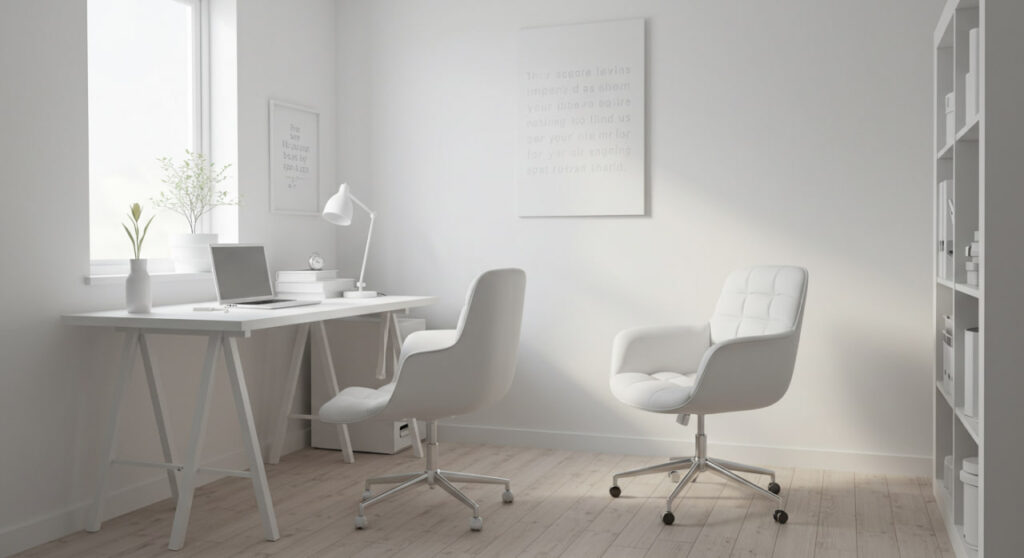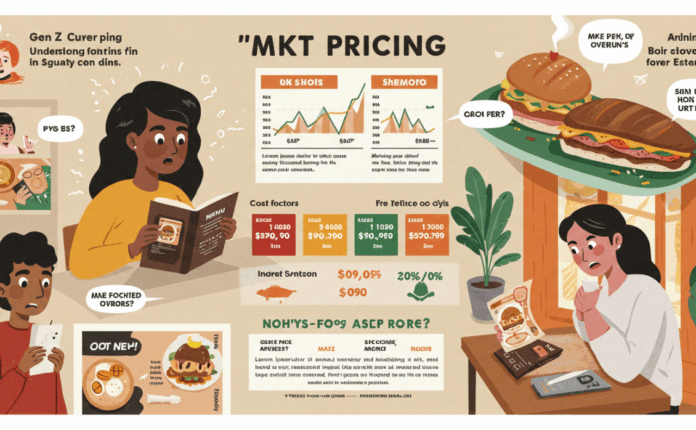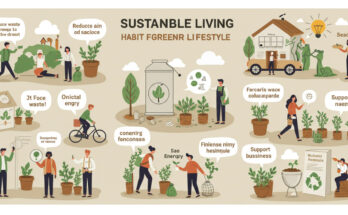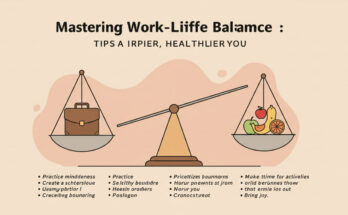In a world overflowing with possessions, notifications, and endless to-do lists, minimalist living offers a refreshing antidote. It’s not just about decluttering your home; it’s about intentionally curating a life that prioritizes what truly matters—joy, freedom, and meaningful experiences. By stripping away the excess, minimalism allows you to focus on relationships, personal growth, and the simple pleasures that often get buried under the chaos of modern life. This article explores the principles of minimalist living, its benefits, and practical steps to embrace it, all while weaving in a review of tools and resources that can make your minimalist journey both achievable and enjoyable.
What Is Minimalist Living?
Minimalist living is a lifestyle philosophy that emphasizes owning less, consuming mindfully, and focusing on what adds value to your life. It’s not about living in an empty room with a single chair or giving up everything you love. Instead, it’s about making intentional choices to keep only what serves a purpose or brings genuine happiness. The minimalist movement has gained traction in recent years, fueled by books like The Life-Changing Magic of Tidying Up by Marie Kondo and documentaries like The Minimalists on Netflix. These resources have inspired millions to rethink their relationship with material possessions and embrace simplicity.
At its core, minimalism is about quality over quantity. It encourages you to evaluate your belongings, commitments, and even digital habits to create space for what matters most. For example, a minimalist might choose a capsule wardrobe of versatile, high-quality clothing rather than a closet stuffed with fast fashion. By focusing on intentionality, minimalism fosters a sense of clarity and calm that can transform both your physical and mental space.
Why Choose Minimalist Living?
More Time and Energy for What Matters
One of the most significant benefits of minimalist living is the freedom it provides. By reducing physical clutter, you spend less time cleaning, organizing, and maintaining your possessions. This newfound time can be redirected toward hobbies, relationships, or personal goals. For instance, instead of spending your weekend sorting through a chaotic garage, you could be hiking with friends or diving into a creative project. Minimalism also reduces mental clutter, helping you feel less overwhelmed and more present in the moment.
Financial Freedom and Reduced Stress
Minimalism often leads to smarter financial decisions. By prioritizing quality over quantity, you’re less likely to fall into the trap of impulse purchases or chasing trends. This mindset can help you save money, pay off debt, or invest in experiences like travel or education. Additionally, studies, such as one from the Journal of Positive Psychology (2020), suggest that reducing material possessions can lower stress levels and increase overall well-being. A clutter-free environment promotes a sense of calm, making it easier to focus and relax.

Environmental Impact
Minimalist living aligns with sustainable practices by encouraging mindful consumption. By buying fewer, higher-quality items, you reduce waste and support ethical brands that prioritize eco-friendly materials. For example, choosing a durable, reusable water bottle over single-use plastics contributes to a healthier planet. Minimalism also fosters a greater appreciation for what you already own, reducing the urge to constantly acquire more.
How to Start Your Minimalist Journey
Declutter Your Space
The first step to minimalist living is decluttering your physical environment. Start small—tackle one room, drawer, or even a single shelf. A popular method is Marie Kondo’s KonMari approach, which asks you to keep only items that “spark joy.” Hold each item and ask yourself: Does this serve a purpose? Do I love it? If the answer is no, consider donating, selling, or recycling it. For example, when decluttering your wardrobe, keep versatile pieces like a well-tailored blazer or comfortable jeans, and let go of items you haven’t worn in years.
Tool Review: The Decluttering Checklist App
Apps like Clutterfree (available on iOS and Android) can streamline the decluttering process. This app offers customizable checklists, progress tracking, and tips for organizing specific areas like your kitchen or office. Its user-friendly interface makes it easy to stay motivated, and the built-in donation locator helps you find nearby charities to give your items a second life. Priced at $4.99, it’s a small investment for a more organized home. However, it lacks cloud syncing, so you’ll need to use it on a single device.
Simplify Your Schedule
Minimalism isn’t just about physical possessions—it’s also about decluttering your time. Evaluate your commitments and identify those that drain your energy without adding value. For instance, if you’re attending social events out of obligation, politely decline and prioritize quality time with close friends or family. Use a digital calendar like Google Calendar to block out time for self-care, hobbies, or simply doing nothing. Simplifying your schedule creates mental space for joy and creativity.
Tool Review: Todoist for Task Management
Todoist is a powerful task management app that helps you prioritize and streamline your commitments. Its clean design lets you categorize tasks, set deadlines, and even delegate responsibilities. The free version is robust, but the premium plan ($4/month) adds features like reminders and productivity reports. It’s an excellent tool for minimalists looking to focus on high-priority tasks without feeling overwhelmed. The only downside is that the free version limits collaboration features, which may be a drawback for team projects.
Embrace Digital Minimalism
In the digital age, our devices can be just as cluttered as our homes. Notifications, apps, and endless browser tabs can overwhelm your focus. Start by unsubscribing from unnecessary email newsletters and deleting unused apps from your phone. Consider using a minimalist launcher like Niagara Launcher (Android) to simplify your phone’s home screen, displaying only your most-used apps. Digital minimalism helps you reclaim your attention and fosters a healthier relationship with technology.
Invest in Quality Over Quantity
When purchasing new items, prioritize durability and versatility. For example, instead of buying multiple cheap kitchen gadgets, invest in a high-quality chef’s knife that can handle various tasks. Brands like Patagonia and Everlane are popular among minimalists for their sustainable, long-lasting clothing. While the upfront cost may be higher, these items save money in the long run by reducing the need for replacements.
Product Review: Everlane Day Tote
The Everlane Day Tote is a minimalist’s dream—sleek, functional, and made from ethically sourced leather. With a spacious main compartment and a laptop sleeve, it’s perfect for work, travel, or daily errands. Priced at $98, it’s a worthwhile investment for its durability and timeless design. However, it lacks internal pockets, which may be a minor inconvenience for those who like extra organization.
Challenges of Minimalist Living
While the benefits are compelling, minimalist living isn’t without its challenges. Letting go of sentimental items can be emotionally difficult, and societal pressure to “keep up” with trends can make simplicity feel countercultural. Additionally, minimalism requires ongoing discipline to avoid falling back into old habits. To overcome these hurdles, start small, set clear intentions, and surround yourself with a supportive community, such as online forums like Reddit’s r/minimalism or local minimalist meetups.
Tech Tools to Support Your Minimalist Lifestyle
Technology can be a powerful ally in your minimalist journey. Here are two additional tools worth considering:
Tool Review: YNAB (You Need A Budget)
YNAB is a budgeting app that aligns perfectly with minimalist principles by encouraging intentional spending. It helps you allocate every dollar to a specific purpose, whether it’s savings, bills, or a dream vacation. The app’s intuitive interface and educational resources make it accessible for beginners, though its $14.99/month subscription may feel steep for some. A 34-day free trial lets you test its features before committing.
Tool Review: Notion for Life Organization
Notion is an all-in-one workspace that helps you organize everything from goals to meal plans in a minimalist, customizable format. Its drag-and-drop interface lets you create databases, calendars, and trackers tailored to your needs. The free plan is sufficient for personal use, but the $10/month Plus plan unlocks advanced features like unlimited file uploads. Its learning curve can be steep, but the flexibility is unmatched for minimalists seeking a clutter-free digital hub.
The Joy of Minimalist Living
Ultimately, minimalist living is about creating a life that feels lighter, more intentional, and deeply fulfilling. By focusing on what truly matters, you can cultivate joy in everyday moments—whether it’s savoring a quiet morning coffee or spending uninterrupted time with loved ones. Minimalism isn’t a one-size-fits-all approach; it’s a personal journey that evolves with your needs and values. As you simplify your space, schedule, and mindset, you’ll discover that less truly can be more.
FAQ
What is the first step to becoming a minimalist?
Start by decluttering one small area, like a drawer or closet, and evaluate each item based on its purpose or joy. Use methods like the KonMari technique to guide your decisions and stay focused.
Do I have to get rid of everything to be a minimalist?
No, minimalism is about keeping what adds value to your life. It’s not about owning nothing but about being intentional with what you choose to keep.
How does minimalism save money?
By prioritizing quality over quantity and avoiding impulse purchases, you spend less on unnecessary items. This can lead to significant savings over time, which you can redirect toward meaningful goals.
Can minimalism help with mental health?
Yes, studies suggest that reducing physical and mental clutter can lower stress and improve focus. A minimalist environment promotes calm and clarity, which can positively impact mental well-being.
Are there apps to help with minimalist living?
Yes, apps like Clutterfree, Todoist, YNAB, and Notion can help you declutter, manage tasks, budget intentionally, and organize your life in a minimalist way.




xrgfkd